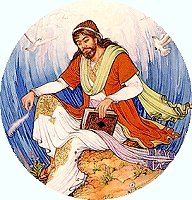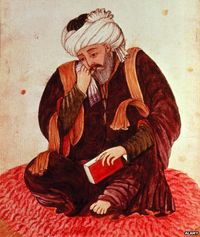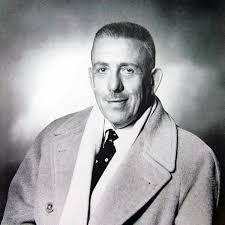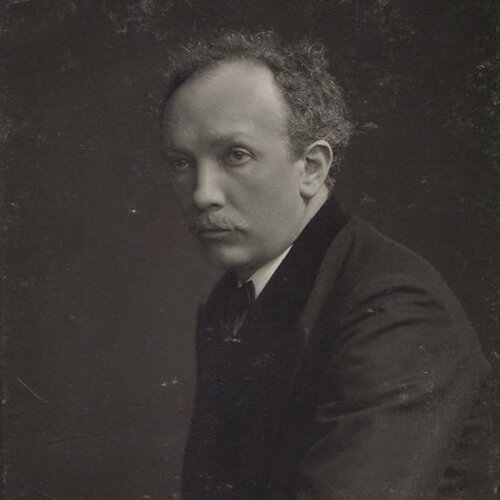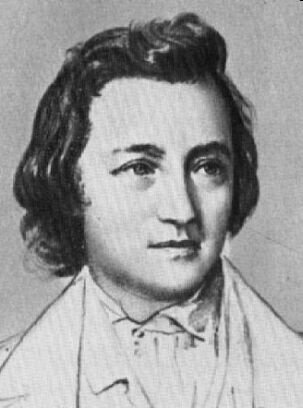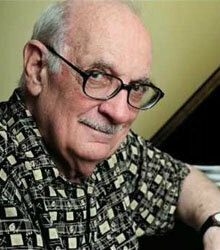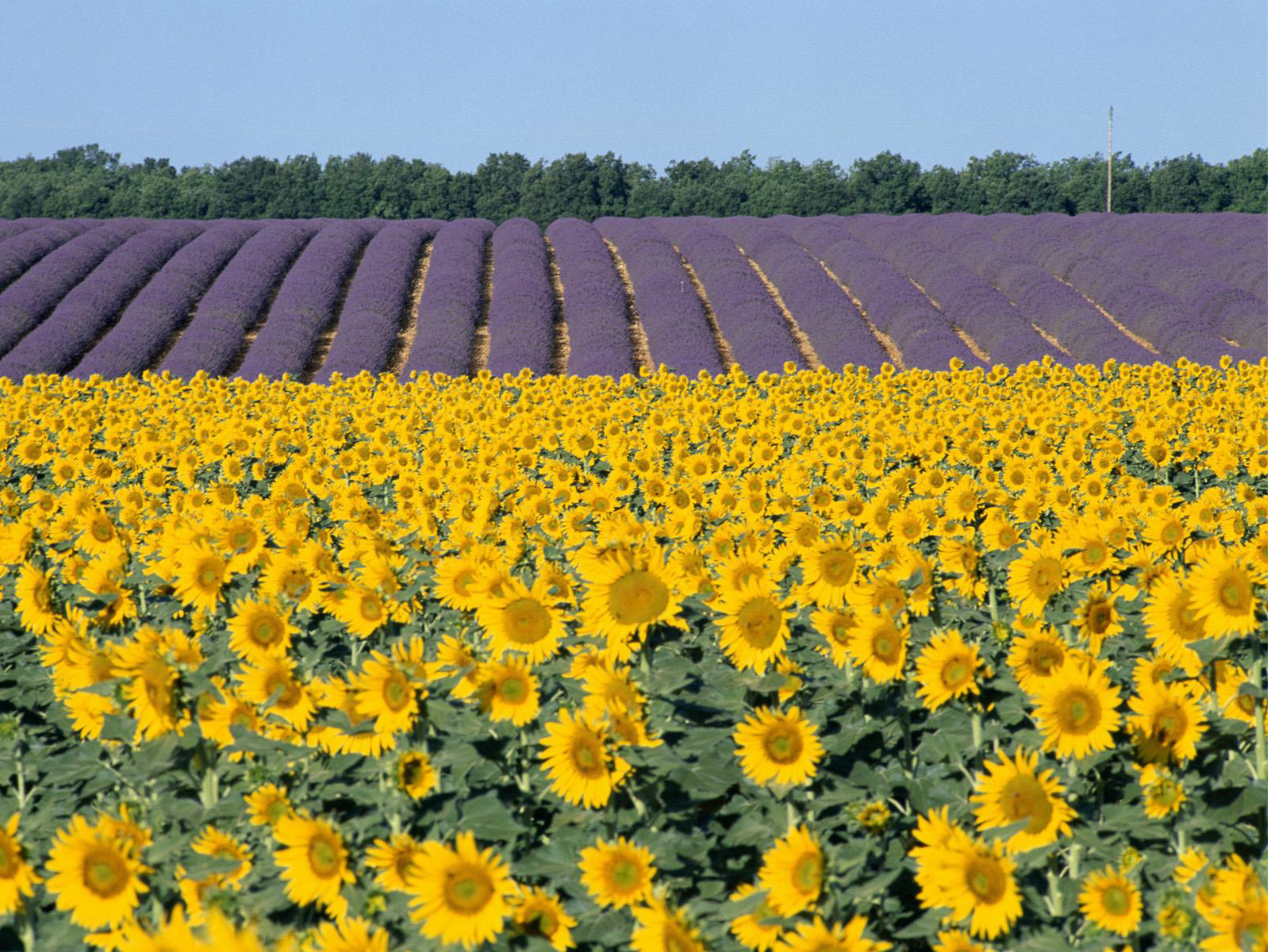Composers know only too well the difficulty of maintaining the highest quality of craftsmanship and expression across genres. Beethoven wrote some real clunkers, as did Schumann and Rachmaninoff. Because Brahms very carefully controlled his output—we know that he mercilessly burned
Poetry
William Jones first translated Hafez into English in 1771. It quickly fired the imagination of writers and poets such as Thoreau and Ralph Waldo Emerson, who referred to him as “a poet’s poet.” Friedrich Engels, who together with Karl Marx
It has been said that every Iranian household contains two books, the Koran and Hafez. And a little saying suggests, “While one is read, the other is not.” More than 600 years after his death, the 14th-century poet Hafez of
Francis Poulenc knew all the best poets, setting the works of Apollinaire and Éluard again and again. He set the poets to opera (Les Mamelles de Tiresias), for a cappella choir, for voice and piano, in a secular cantata (Figure
Richard Strauss used the world of literature in his song settings, from sixteenth-century poems by Shakespeare to the poems of his contemporaries such as Richard Dehmel. His experience in writing operas also developed his song-writing abilities. His first song, “Weihnachtslied’
Musical settings of Heinrich Heine’s poetry must number in the thousands! An intricate response to the charged political environment of his day, not to mention his own turbulent life, Heine was able to create distinct emotions in his poetry. As
One of the most striking of George Crumb’s compositions is his 1970 song cycle Ancient Voices of Children. Based on fragments of poetry by Federico García Lorca, this work challenges the singer to extremes of vocalizations, set against an ensemble
On a recent trip through the Provence in France, through fields of lavender, sunflowers, vineyards and olive trees, I was reminded of the importance of landscapes, and that of the Provence in particular, as inspiration for many artists, including Frédéric

